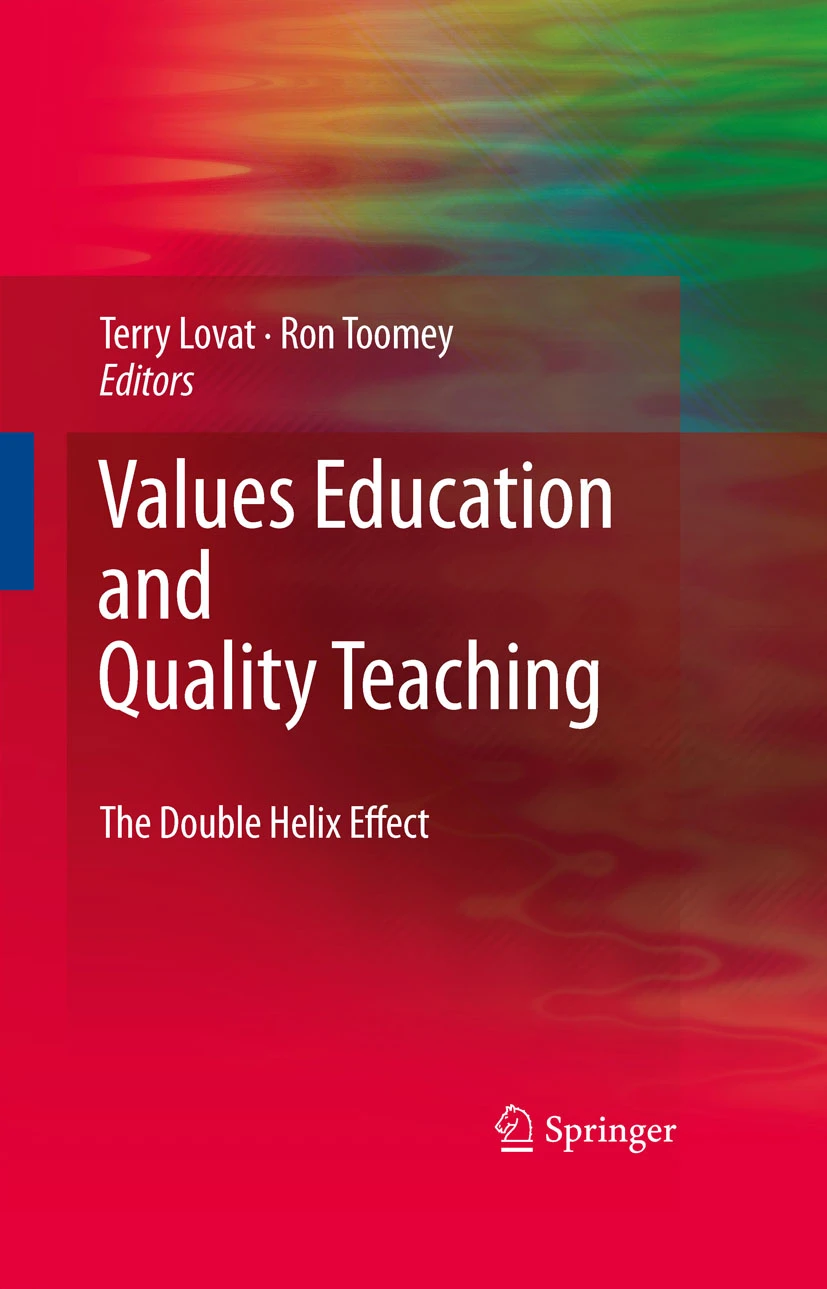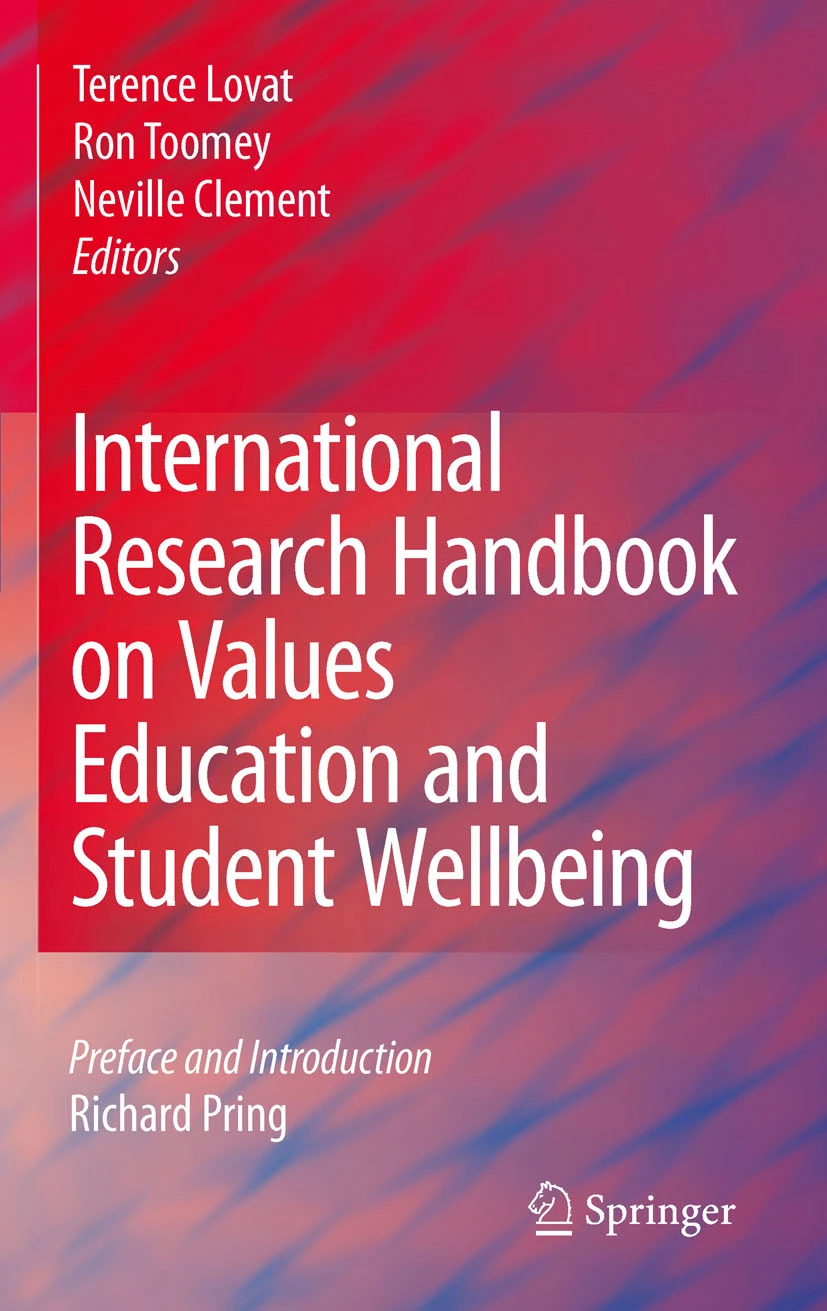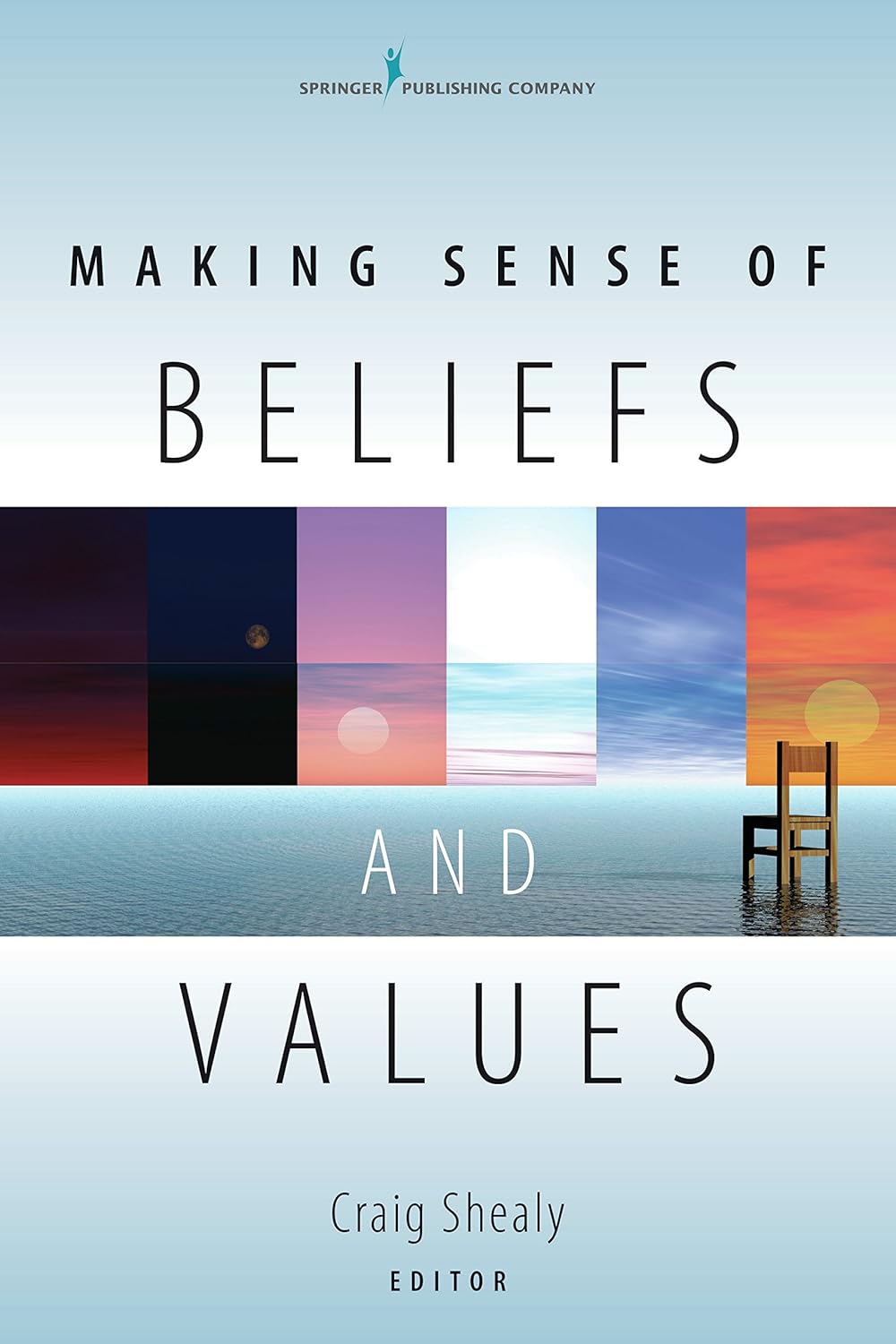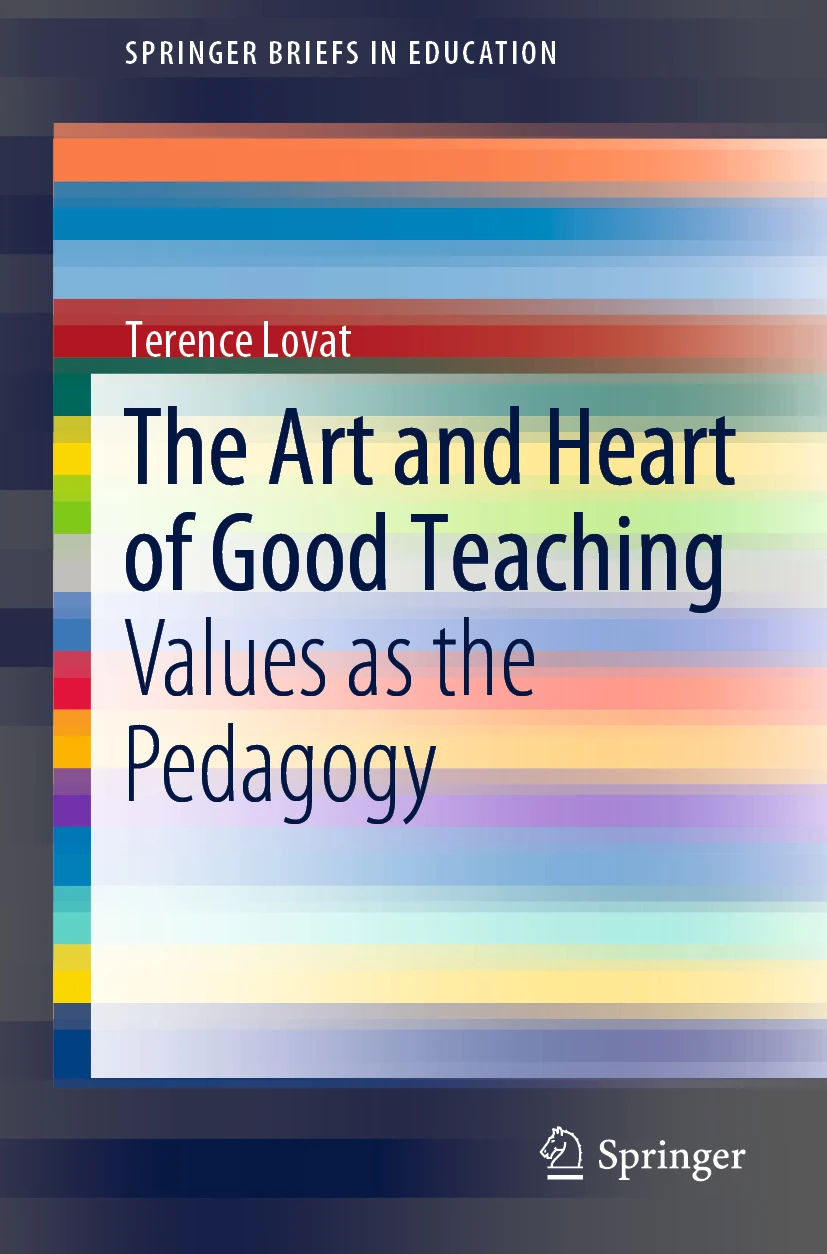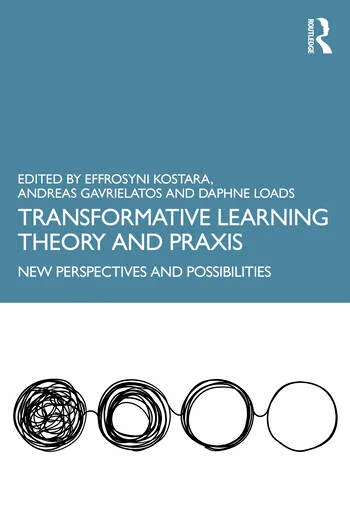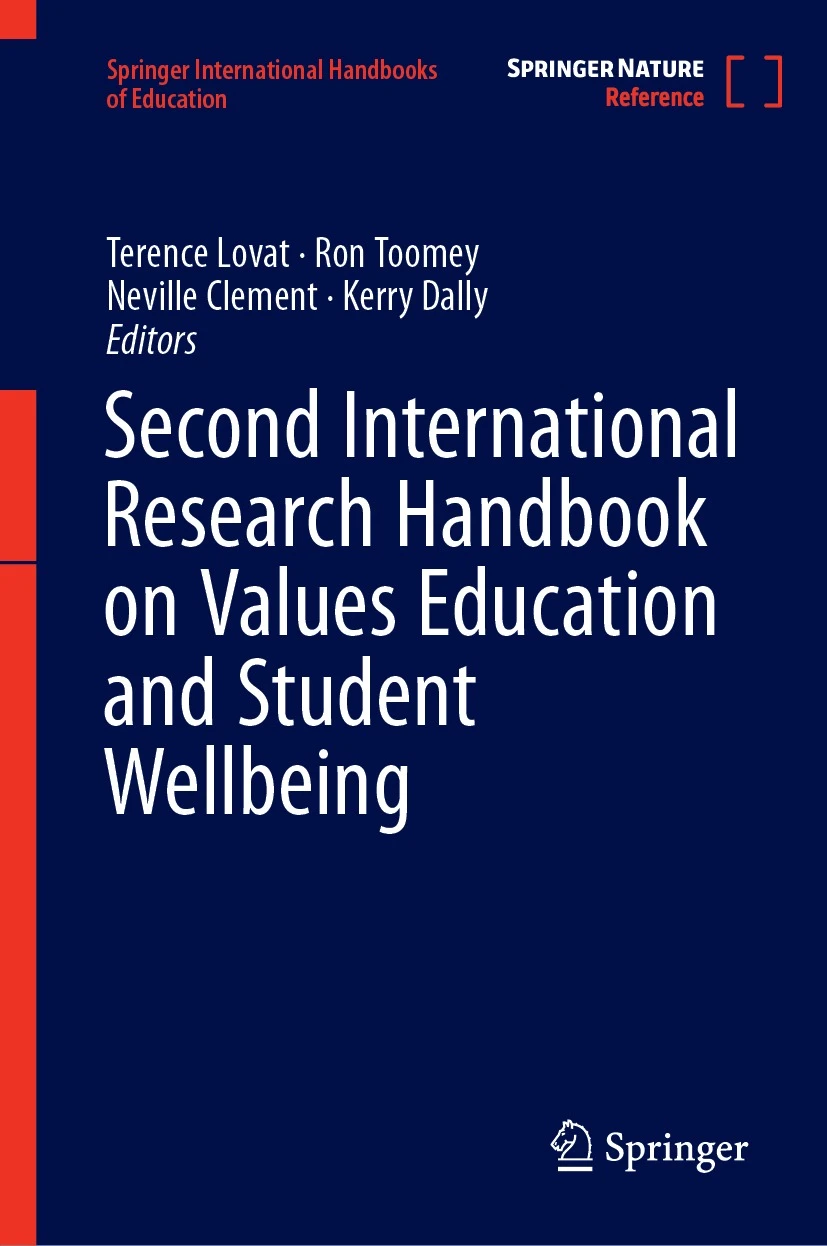Global Alliance for
Values-based Education
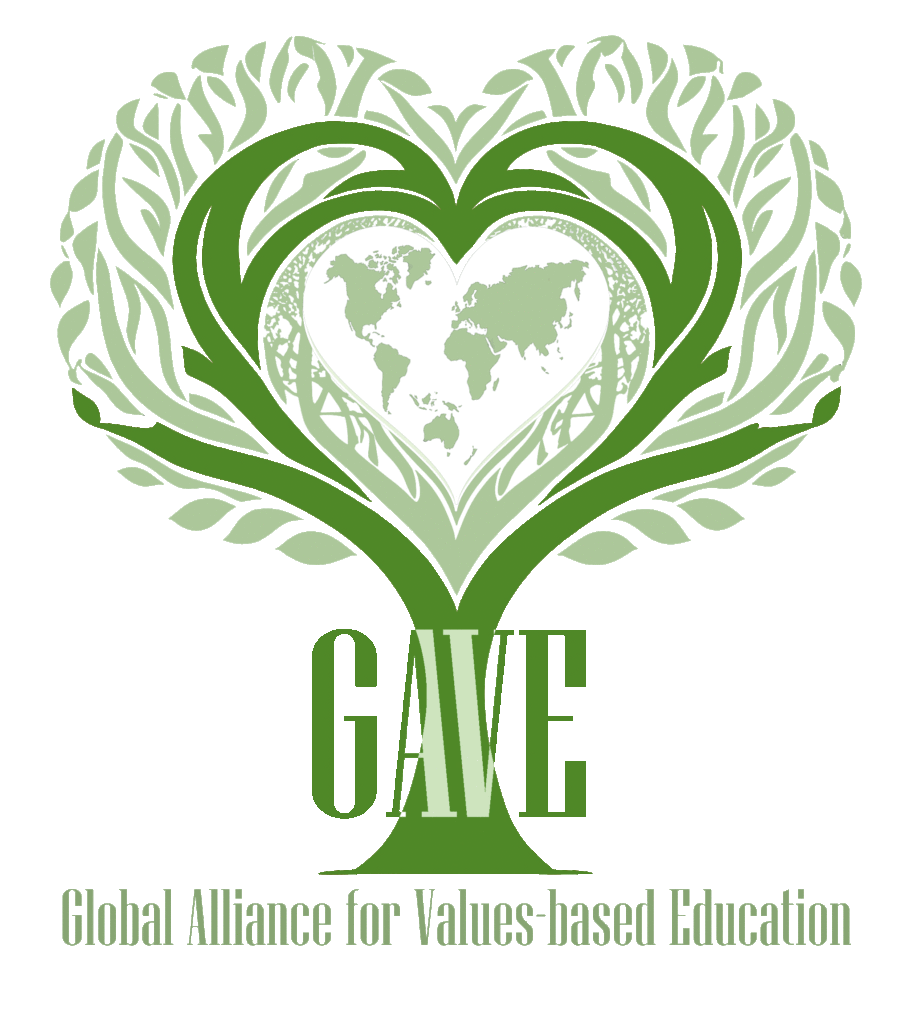
About GAVE
What are the essential values that we need – as individuals, communities, and as a globalised society – in the 21st century?
Is there a universally accepted framework for values and values-based education?
What are the best methods, current foci, and significant gaps in values and values-based education research and practice locally and globally?
If you’ve ever pondered upon these questions, you’re not alone. We, at GAVE, are an international and interdisciplinary alliance of scholars, educators, practitioners, students, leaders, policy-makers, citizens, and organisations who have come together in the spirit of collaboration to identify and advance the research, practice, and policy of values and values-based education in our cultures, curricula, and systems across the world.
Welcome to GAVE.
Mahatma Gandhi said:
“Your beliefs become your thoughts, your thoughts become your words, your words become your actions, your actions become your habits, your habits become your values, your values become your destiny.”
In this quote we sense how important it is to work out the kind of ‘values’ we would like to become as people and as a global society. That it is essential to work out what kind of destiny we would like to have.
But the quote also highlights that our values are constructed, over time, whether consciously or unconsciously, of a complex mix of beliefs, thoughts, words, and actions. Which means we can, with conscious effort, reverse engineer our goals through honest examination of all parts of ourselves, deciding what kind of values we would like to embody.
Education, as it has always been, is key to expanding our awareness of ourselves and of who we prefer to be in the world. If we have meaningful, educational activities and conversations about what beliefs, thoughts, words, and actions that embody values that work for everyone – not just those who look like us, think like us, or love like us – then we can move toward healthier and more sustainable ways of being compassionate custodians of each other and of this small planet we share.
There are many ways of doing this, of course. The only thing GAVE members have in common is the wish to work toward the above. But that is, perhaps, also the most important wish in the world today – the wish to make our values work for a positive, constructive, democratic, inclusive, sustainable, and joyful destiny.
Please consider joining this movement, whether it be as an individual or organisational member of GAVE, or one of the many other ways there is to manifest this wish in the world.
Our Mission
To create and sustain a vibrant movement and vital forum for the advancement of values-based education, both locally and globally.
Our Vision
To be a leading voice for the credible development, implementation, evaluation, support, and growth of high quality values-based education programs, polices, and initiatives around the world.
Our Values
To exemplify and express…
- Credibility: Demonstrating the transformative impact of values-based education through state-of-the-art research, assessment, and practice.
- Care: Recognise and support innovative efforts to develop, implement, evaluate, and disseminate values-based education programs and interventions of demonstrable quality.
- Communication: Clarify and illuminate values-based education and why it matters when done well.
- Depth: Illuminate and engage the deepest aspects of the human heart and mind by showing how, why, when, and for whom depth-based learning occurs.
- Awareness: To understand self and other, as well as why we do what we do, in order to be reflective and effective.

